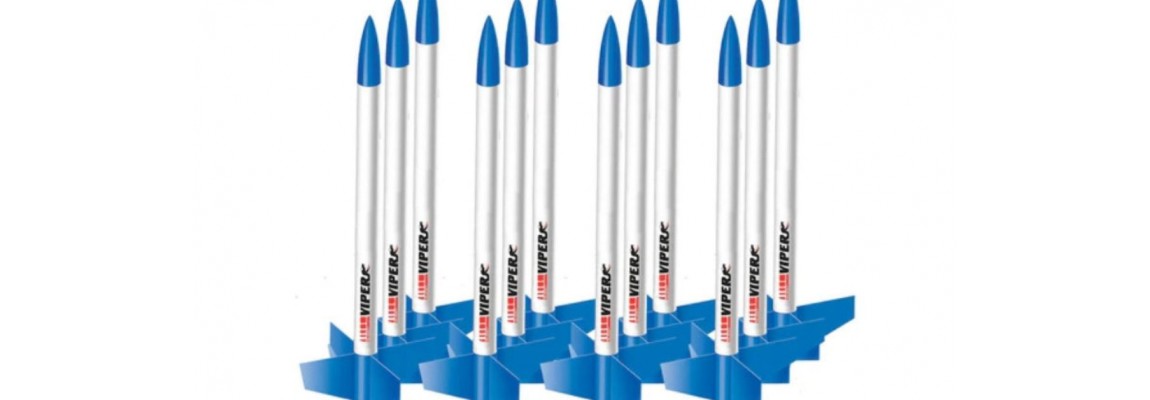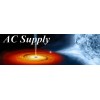Model rockets provide a hands-on way to engage students in various academic subjects. These tools make various lessons more interesting and allow instructors to teach important educational concepts.
Educators can incorporate model rockets into their lesson plans, allowing students to experience learning in a dynamic and interactive way. Let’s explore the subjects you can teach with model rockets and how these models can enhance the classroom experience.
Science and Physics Fundamentals
Science is a subject directly connected to model rockets, especially as it pertains to physics. Rockets offer students the opportunity to learn about Newton’s Laws of Motion, particularly the third law, which states that “for every action, there is an equal and opposite reaction.”
Launching a model rocket illustrates this concept in real time, helping students grasp the fundamentals of force, thrust, and acceleration. Additionally, model rockets provide a platform to discuss air resistance, gravity, and aerodynamics, which are all vital elements of physical science education.
Mathematics Through Rocket Measurements
Model rockets bring mathematical concepts to life by applying them to real-world scenarios. Students can use mathematics to calculate trajectory, speed, distance, and altitude of their rockets. By working through these calculations, learners develop a better understanding of geometry, algebra, and data analysis.
For instance, they can measure the angle of a rocket’s launch and apply trigonometry to predict where the rocket will land. The hands-on experience of launching a rocket adds excitement to the learning process, making mathematical applications more accessible and enjoyable.
Engineering and Design Thinking
Rockets are a natural fit for engineering and design classes. With model rockets, students can design their own structures, choose various materials, and test different rocket shapes for stability and performance.
Educators can guide students through the engineering design process—defining a problem, brainstorming, building, testing, and refining solutions. These skills promote critical thinking and creativity, helping students develop engineering competencies in a practical way.
History of Space Exploration
Another subject that aligns perfectly with model rockets is history, specifically the history of space exploration. Teachers can use rockets to introduce students to pivotal moments in space history, from the launch of Sputnik to the Apollo missions. This interdisciplinary approach fosters an appreciation for scientific discovery and innovation, showing students the role space travel plays in shaping modern history.
Technology and Computer Skills
Finally, teachers can integrate model rockets into lessons on technology and coding. Classroom rockets often come equipped with electronic components, like altimeters or GPS systems, which allow students to collect data on their rockets’ flight.
This information capture opens the door to teaching about data logging, sensor technology, and basic programming skills. Students can analyze the data collected during a rocket’s flight, using technology to enhance their understanding of how the rocket performed and how they can improve future designs.
Knowing what subjects you can teach with model rockets is helpful for educators looking to improve their lesson plans. These rockets offer an engaging way to demonstrate complex concepts while inspiring curiosity and problem-solving.
With classroom rocket kits from AC Supply, educators can create interactive, hands-on experiences that make learning fun and educational. Consider adding our kits to your classroom to enhance your students’ learning experience across multiple disciplines!


